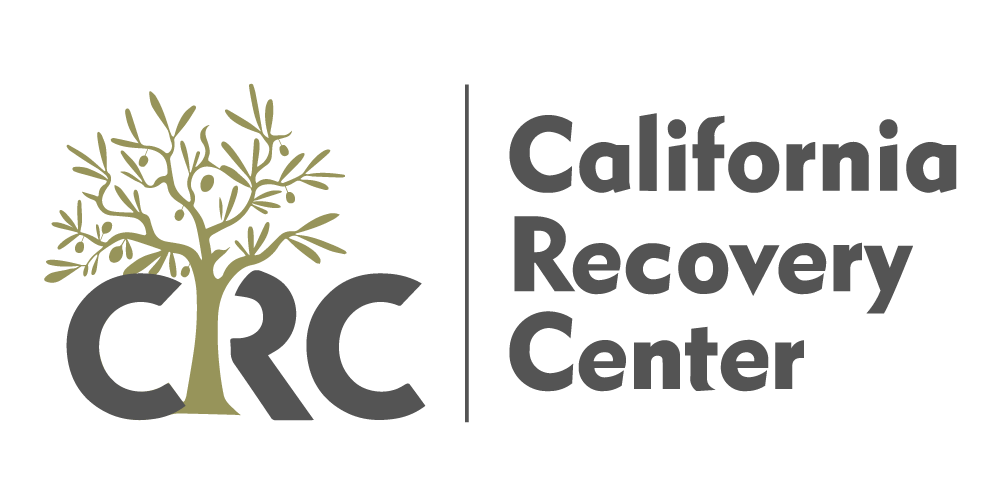Statistics show a disproportionate number of men and women who have served our country struggle with mental health and addiction-related disorders. Statistics provided by the National Institute on Drug Abuse indicate that about one out of ten returning veterans seen in various U.S Veterans Administration hospitals across the nation have a problem with alcohol or other drugs and meet the criteria for substance use disorder diagnosis. The stress often associated with training, deployment, war, and returning home may account for some of the differences between addiction rates among veterans as compared to the rest of the population. Those with multiple deployments, combat exposure, and combat-related injuries are at an even greater risk of developing substance use problems.
Unfortunately, barriers such as stigma, confidentiality concerns, and zero-tolerance policies create difficulties in identifying and treating substance use problems in active military personnel and military veterans. For some, it can be challenging to find treatment centers where they feel safe and can open up about their experiences and how those experiences led to addictive behaviors. Without vital addiction treatment, many veterans will continue to struggle with lifelong mental and physical health challenges.
Common Addictions Veterans Suffer From
According to the National Institute on Drug Abuse, the most prevalent types of substance use problems that present among male and female veterans include alcohol abuse, smoking, and prescription drug abuse.
Among veterans seeking care within the Veterans Administration health system, approximately 11% meet the criteria for a diagnosis of substance use disorder that requires addiction treatment. In most cases, substance use disorder diagnoses are more common among male than female veterans. Today, alcohol use disorders are the most prevalent form of substance use disorder among military personnel.
Misuse of prescription opioids is also on the rise among military veterans. Opioids are being prescribed at increasing rates to veterans to address various conditions, including chronic pain and migraine headaches. In early 2010, the number of veterans receiving opioid medications for pain management within the VA health care system was as high as 24%, with some having prescriptions from as many as three different prescribers. The most common prescription was for oxycodone. In many cases, a co-occurring mental health diagnosis increased the probability of receiving a prescription for opioid medications.
Illicit drug use among veterans is roughly equivalent to that of the civilian demographic. Marijuana accounts for the majority of illicit use, with other drugs accounting for less than 5% of use. The prevalence of cigarette smoking is higher among veterans (approximately 27%) than in the civilian population. Smoking accounts for about one-quarter of cancer-related deaths among veterans who are former smokers and fifty percent of cancer-related deaths among current smokers.
Why Veterans Benefit from a Veteran-Specific Program
Military veterans, especially those who have served during times of combat, experience events and trauma unparalleled by those of most civilians. For this reason, the instances of substance use disorders and co-occurring mental health disorders (especially post-traumatic stress disorder and depression) are significantly higher among veterans. While traditional addiction treatment programs provide comprehensive, evidence-based care, they are not necessarily designed to treat the root causes of the difficulties many veterans face.
Choosing a veteran’s specific program ensures the veteran is surrounded by like-minded individuals who have experienced similar events and struggles. Also, individual and group counseling sessions are designed to address traumatic experiences and events that civilians may not be familiar with, as the root causes of their addiction may differ from those of a veteran who served on the front lines of conflict. If you or a loved one is a veteran struggling with addiction or experiencing the mental health struggles that often lead to addiction, reach out to our admission team today. Our experienced team of treatment providers can help you begin your journey to sobriety in a veteran-specific program designed to meet the unique needs of our servicemen and women.




